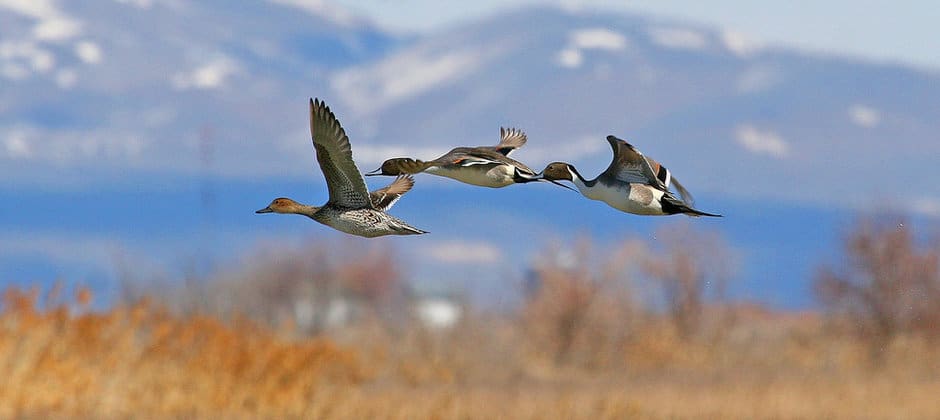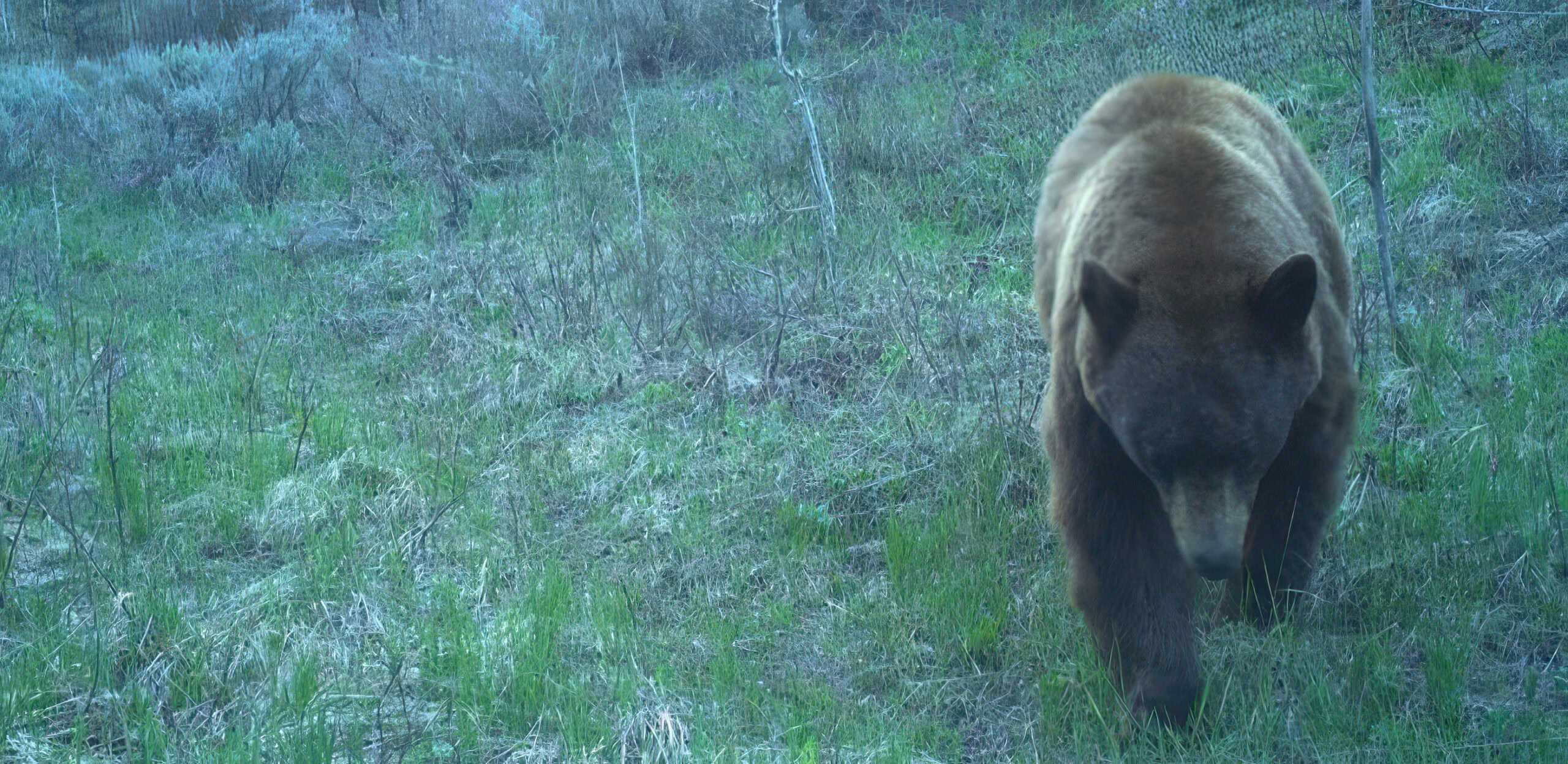Share this article
USFWS releases environmental review of migratory bird rule
In a draft Environmental Impact Statement on its proposed rule to limit the enforcement of the Migratory Bird Treaty Act by excluding incidental take of bird species protected by the act, the U.S. Fish and Wildlife Service discusses a preferred option that would have economic benefits, but will likely harm the birds.
The Migratory Bird Treaty Act of 1918 protects over 1,000 migratory bird species across the United States by making it illegal to take — harm or kill — those species without a permit. The USFWS’ proposed rule, released in February, would codify in regulation the administration’s new interpretation that the law only applies to the intentional take of birds. Until now, the MBTA has been interpreted as prohibiting both the intentional take of migratory birds and their accidental — or incidental — take.
Under the new rule, activities that accidentally harm or kill migratory birds no longer violate the MBTA. The Wildlife Society submitted comments on this proposal in March, urging the agency to abandon the proposal and return to the traditional interpretation of the Migratory Bird Treaty Act. TWS has also supported legislation to reaffirm the Migratory Bird Treaty Act’s prohibition on incidental take.
Under the National Environmental Policy Act, the USFWS is required to consider the possible effects of its proposal on the environment. The agency’s draft Environmental Impact Statement examines three alternatives: a preferred alternative implementing the proposed rule codifying its interpretation, a non-preferred alternative and a ‘no action’ alternative that would continue the status quo. The preferred alternative would, according to the impact statement, increase legal certainty regarding enforcement of the act and likely reduce legal and financing costs for industry. However, it would likely negatively affect migratory birds, resulting in increased mortality, and impact other natural resources.
The non-preferred alternative would codify the previous interpretation of the MBTA prohibiting incidental take. The draft environmental impact statement argues the non-preferred alternative would increase legal certainty to a lesser extent, result in increased costs to industry and likely lead to positive effects on migratory birds and other natural resources. The ‘no action’ alternative would not increase legal certainty or costs, and would likely have a negative effect on migratory birds over time.
The Wildlife Society is developing comments on this draft environmental impact statement. The USFWS is accepting comments on the statement until July 20.
Header Image: The U.S. Fish and Wildlife Service has conducted an environmental review of its proposed rule to limit the reach of the Migratory Bird Treaty Act. Credit: J. Kelly/USFWS








